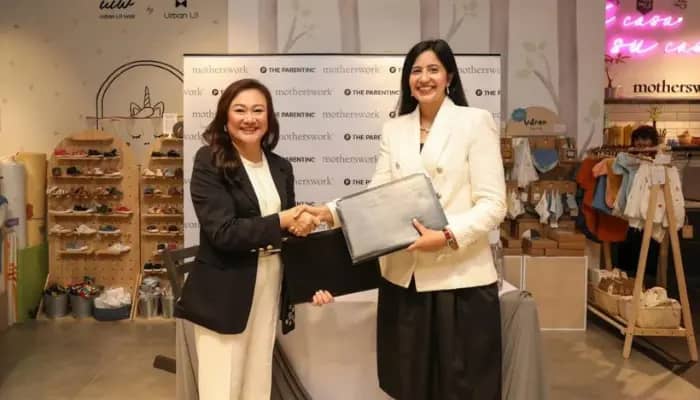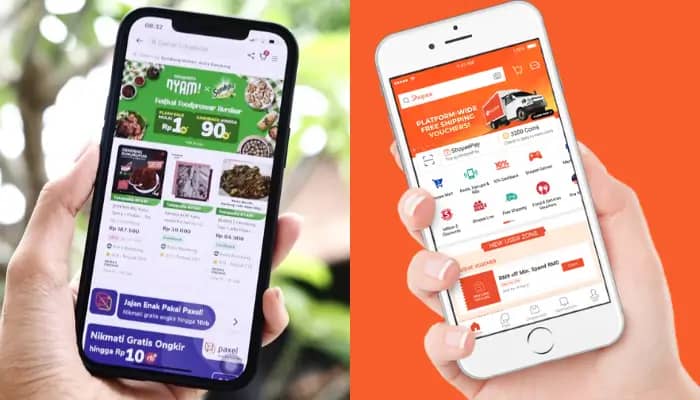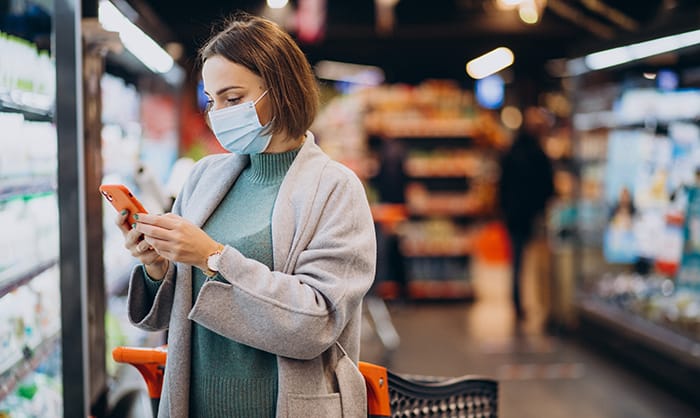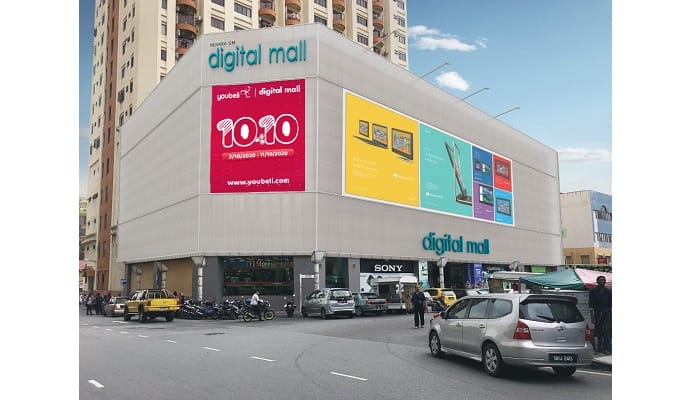Singapore – The Parentinc, a regional parent-tech company, has announced the acquisition of Motherswork, a premium retailer of mum, baby, and kids’ products in Singapore. Through this acquisition, The Parentinc aims to make a significant shift in the landscape of the parenting retail industry in Southeast Asia.
Moreover, this acquisition comes on the heels of recent high-profile IPOs from mother and baby brands such as First Cry and Mamaearth, setting a compelling precedent for The Parentinc’s ascent into the ranks of these notable companies.
Motherswork stood as a premier omni-channel retailer specialising in premium mother, baby, and kids’ products with two stores in Singapore and 10 in China. Since launching in 1998, Motherswork has offered customers in every stage of parenthood a curated selection of over 300 esteemed brands, with the exclusive distribution of 20 brands including Avent, Joolz and Stokke.
This acquisition of Motherswork signifies a pivotal moment for The Parentinc as it positions itself firmly on the trajectory towards an initial public offering by bolstering its commitment to building a self-sustaining content, community, and commerce ecosystem for parents in SEA.
While The Parentinc has established significant success online, Motherswork will play a pivotal role in expanding the company’s offline presence by opening up more Motherswork stores in key markets in the region, including Vietnam, where Mama’s Choice will be distributed exclusively by Motherswork.
Roshni Mahtani Cheung, group CEO and founder of The Parentinc, shares her enthusiasm about the acquisition, stating, “While we have done a dramatic job of capturing the hearts and minds of the online market, 70% of retail in SEA is still predominantly done through offline. That’s why we are very excited to have our own brand stores through this acquisition as it will further refine our content to community to commerce business model, which not many companies have pulled off successfully. We aim to be among those successful few. We are also equally enthusiastic to bring our offering of media solutions to all of the partners at Motherswork, aiming to improve the lives of mums and help them raise happy, healthy, and confident kids.”
Meanwhile, Sharon Wong, founder and CEO of Motherswork, echoes the same sentiment, stating, “Motherswork is a well-established brand for premium mother, baby, and kids’ products in Singapore and China. This acquisition will enable Motherswork to expand its footprint into the other countries in Southeast Asia through The Parentinc. I certainly look forward to the combined synergies of our two organisations which will enable the Group to scale to greater heights.”










